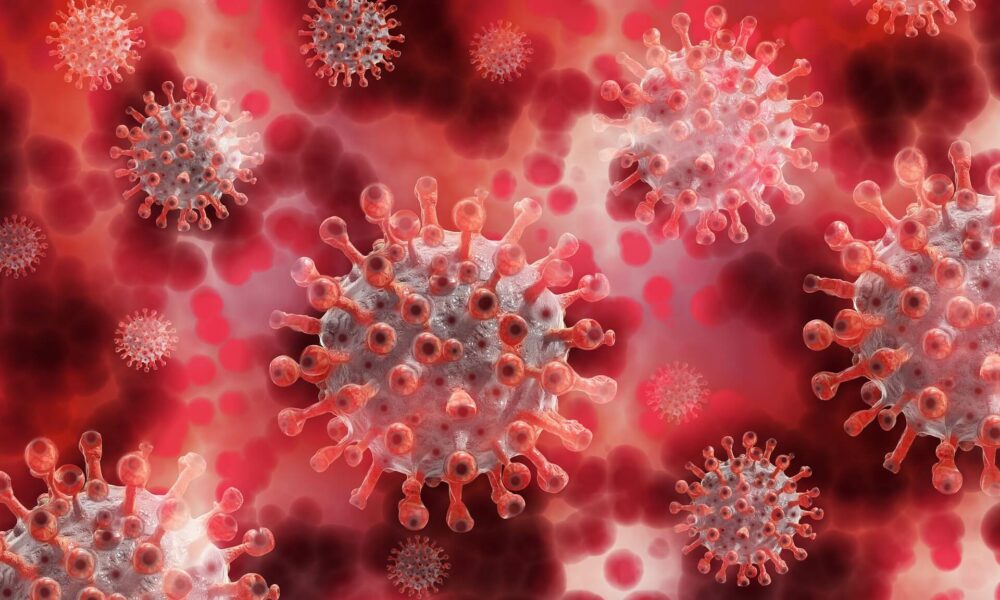Assessing the Impact of COVID-19 on Pancreatic Cancer Survival
The COVID-19 pandemic has majorly disrupted healthcare provision and services, including oncology services. Therefore, it is important to understand the effect that the COVID-19 pandemic has had on those diagnosed with pancreatic cancer. A study has been recently published in the Journal of Clinical Medicine by researchers from the University of Oxford and Oxford University Hospital NHS Foundation Trust (OUHFT).

The researchers from the University of Oxford and OUHFT wanted to understand how patients’ experience of pancreatic cancer was affected by the COVID-19 pandemic e.g. diagnosis and treatment.
203 patients from England diagnosed with pancreatic cancer were divided into two groups; groups determined by the date of diagnosis; pre-pandemic (before 23rd March 2020) and pandemic (after 23rd March 2020). It was found that the average survival time halved from 7.4 months in the pre-pandemic group to 3.3 months for the pandemic group. No single factor was found to affect this difference in isolation but more a multitude of factors.
Firstly, there was an increase in emergency presentations within the pandemic group. This means that these patients have presented at their local emergency department and data has shown that those who are diagnosed at this point as opposed to through their GP are likely to be diagnosed at a later stage. This is partly due to the closure of GP practices in line with social distancing restrictions whilst emergency departments continued to operate.
Secondly, there was a reduction in surgical procedures for pancreatic cancer patients, currently the only potential cure. This study found that 27 (22%) of the pre-pandemic group were offered surgery, whereas only eight (10%) of the pandemic group were offered surgery. This is likely due to the limited healthcare services also in line with social distancing restrictions.
It is important to note that not all contributing factors were covered in this study, however, the likelihood of any deaths resulting from COVID-19 was deemed very low: Shielding was enforced from March 2020 to April 2021 and data has shown that this was well adhered to.
It is crucial to continue this research to establish how other pancreatic cancer patients in the UK have responded to the COVID-19 pandemic to inform future pandemic preparedness. To help fund research like this, please donate here.